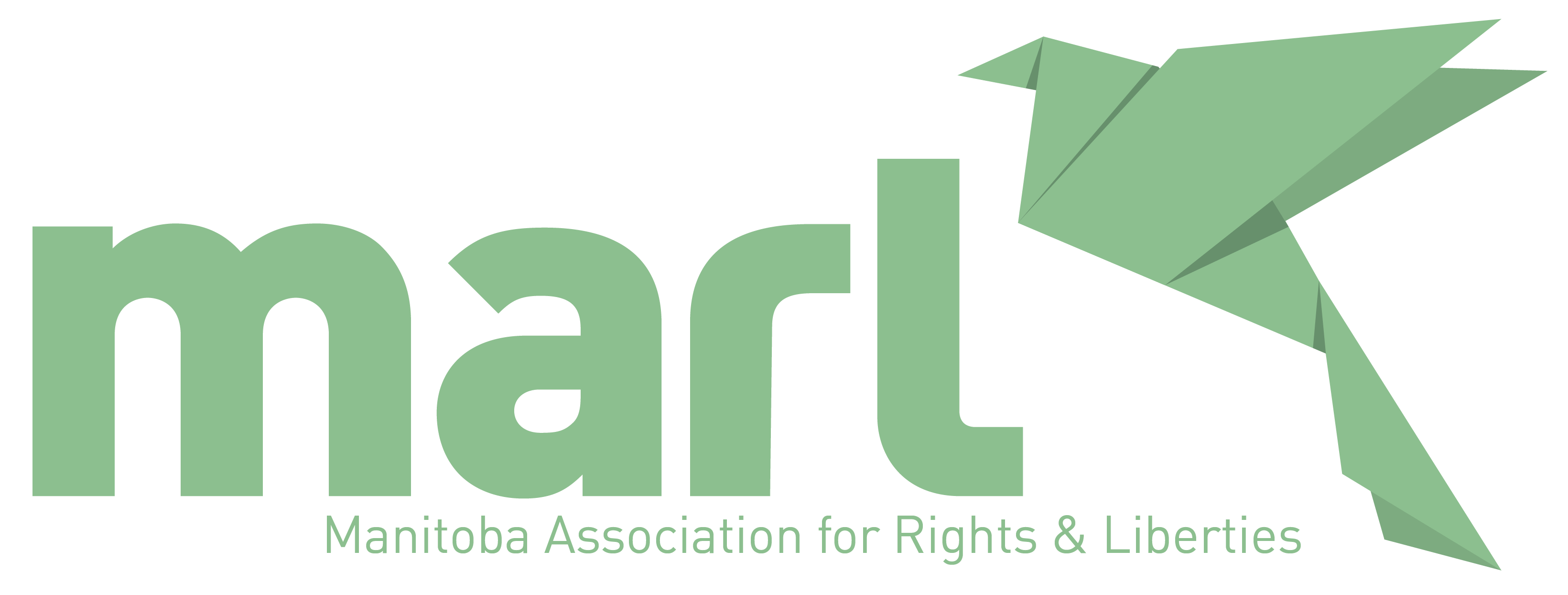Education & Resources
classroom
workshops


Human Rights Fundamentals
Workshops
These workshops are designed to provide a basic background in human rights. They explore power and privilege and human rights principles. They encourage individuals to look at issues in their community with a critical lens. There is also a workshop to look at the intersections between youth and the justice system as well as exploring the dynamics of human rights during a pandemic.
Have
Questions?
Have questions about our workshops?
Contact us today to learn more!



